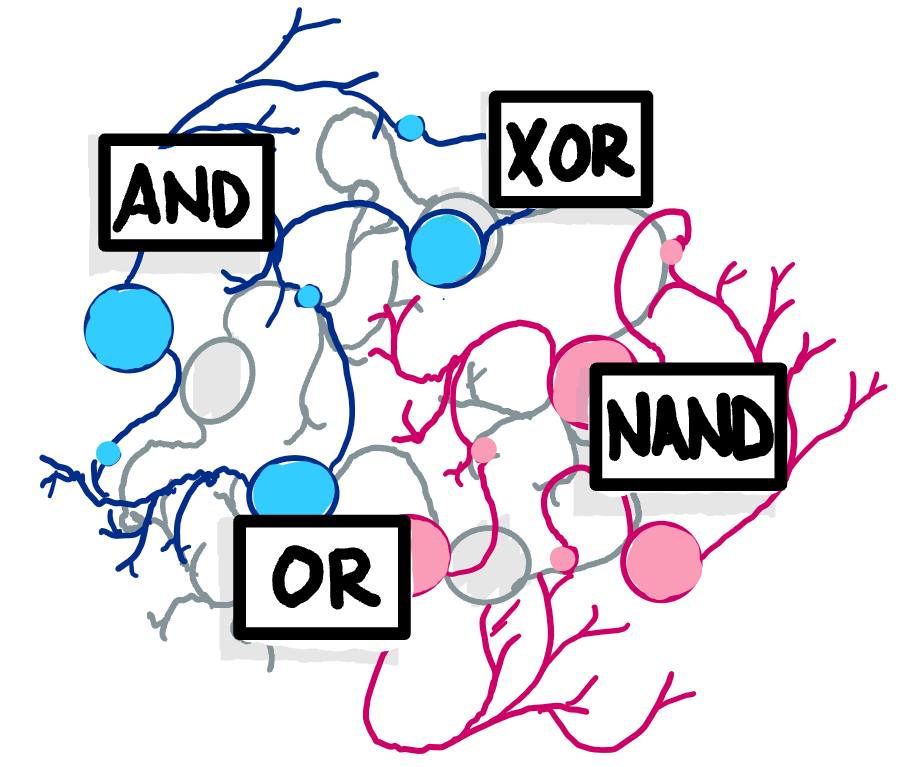Grit Fuels the Cognitive Engine on the Road to Success
/What do successful people have in common? Although cognitive abilities are often thought to play a leading role in achieving one’s academic or career goals, other factors like environmental conditions, hard work, and persistence in the face of failure might shape our skillset and influence success in a given path. Even Charles Darwin thought that intelligence -although helpful- had a limited contribution to success in humans compared with attributes like "grit", defined as “the passion and perseverance for long-term goals of personal significance”
Read More









